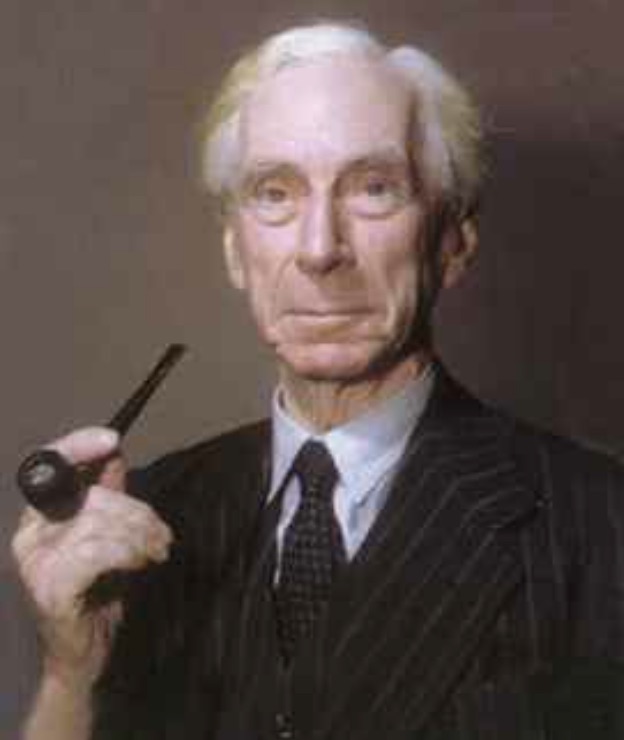
Mathematics in the modern sense, as a subject requiring the elaboration and proofs of theorems, evolved from the quest for “truth” by the philosophers of ancient Greece. Around 600 BC, Thales of Miletus is said to have proved that an angle inscribed in a semi-circle is a right angle. For enunciating a general relationship that is true for circles of all diameters, and using deduction to justify his assertion, Thales has been called the “father of deductive geometry.” The quest for certainty led the Ancient Greek philosophers to establishing basic axioms which they could rely upon to be “true,” such as: “All right angles are congruent.” Then they used logical deduction to prove theorems, such as the Pythagorean theorem, that were not as obviously true. This is the “objective” part of mathematics. Once mathematicians agreed upon the truth of a set of axioms, the deductions, called “theorems,” could be universally agreed upon as “true.”
However, mathematicians often disagree about the truth of the axioms. One of the most fundamental axioms of logic is the law of excluded middle, asserting that any proposition is either true or not true. In propositional calculus, this means that a proposition has only two possible truth values: truth and falsity. In mathematics, the method of indirect proof establishes the truth of a theorem by proving that the assumption that the theorem is false leads to a contradiction. For example, Euclid proved that there is an infinite number of prime numbers, by showing that if the number of primes were finite, there would be a largest prime, leading to a contradiction. The intuitionists argue that the law of excluded middle ignores the logical possibility that a proposition may be neither true nor false.
Indeed, as mathematics moved into the concept of the infinite, there was no longer unanimous agreement upon what axioms could be assumed to be true.
As Cantor developed set theory, additional controversy emerged over the validity of certain axioms. For example, everyone agrees that if we have three non-empty sets S1, S2, S3 we can form a new set S = {x1, x2, x3} containing an element x1 from S1, x2 from S2 and x1 from S1. The axiom of choice asserts that we can also construct an infinite set S by selecting, in the same manner, from an infinite collection of sets S1, S2, S3 …
In spite of these different opinions about mathematical foundations, research in mathematics continues to progress with the generally accepted axioms until a contradiction arises. If this happens, it will be necessary to return to an examination of the axioms. Meanwhile, we can find some comfort in the fact that mathematics is perhaps the most objective of all intellectual pursuits in spite of Bertrand Russell’s facetious remark:
Mathematics may be defined as the subject in which we never know what we are talking about, nor whether what we are saying is true.
